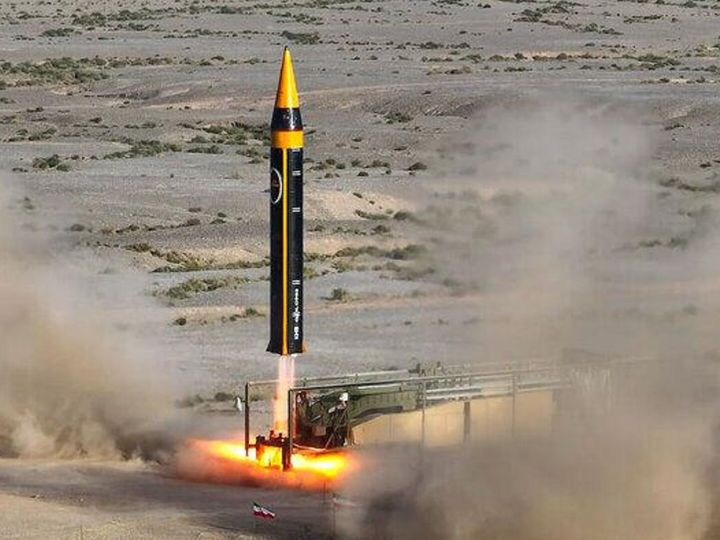Israeli Air Defense Neutralizes Missile from Yemen Amid Rising Regional Tensions
Interception Near Israeli Airspace
The Israel Defense Forces (IDF) successfully intercepted a missile launched from Yemen before it entered Israeli airspace. The incident triggered air raid sirens in central Israel, causing temporary panic. However, due to the swift action of Israel’s air defense systems, civilians managed to take shelter safely. No casualties or damage were reported.
According to Avia.pro, which cited IDF sources, the missile was neutralized at a critical distance from Israel’s borders. Israel’s layered defense systems, including Iron Dome and Arrow interceptors, played a crucial role in averting potential disaster.
The Houthi Offensive
The Houthis, officially known as Ansar Allah, are a Yemeni Shia movement supported by Iran. Since capturing the capital Sana’a in 2015, they have been involved in a civil war against a Saudi-led coalition backed by the U.S., NATO, and Israel. Their ballistic missile arsenal has grown significantly in recent years, allowing them to strike targets far beyond Yemen’s borders.

This latest missile launch marks an escalation in the Houthis’ regional involvement. While the specific type of missile has not been confirmed by the IDF, experts suggest it was likely a ballistic missile, given the Houthis’ history of using such weapons.
Escalating Regional Tensions
The attack highlights the Houthis’ growing capabilities and willingness to engage in regional conflicts. Their alliance with Iran suggests a broader geopolitical strategy to challenge Israel and its allies. The missile launch may also signal increased Iranian influence in the ongoing Israel-Hamas war.
Israel’s response underscores its vigilance against threats not only from Gaza and Lebanon but also from more distant adversaries like Yemen. This multi-front challenge places immense pressure on Israeli defense infrastructure.
Civilian Preparedness in Israel
The prompt activation of Israel’s warning systems demonstrated their effectiveness in protecting citizens. Residents in affected areas followed emergency protocols and sought shelter, showcasing the resilience of Israeli society. Such incidents underline the importance of continuous investment in civil defense and public awareness.
As the region faces rising instability, Israel remains committed to neutralizing threats and maintaining security. The interception of this missile serves as a reminder of the dangers posed by long-range ballistic weapons in the hands of non-state actors like the Houthis.
The Houthi missile launch against Israel represents a troubling development in Middle Eastern geopolitics. Though successfully intercepted, the attack underscores the widening scope of conflicts involving non-state actors and state sponsors like Iran. Israel’s ability to swiftly address such threats will remain critical in navigating these challenges.
Our Visitor






 Users Today : 39
Users Today : 39


